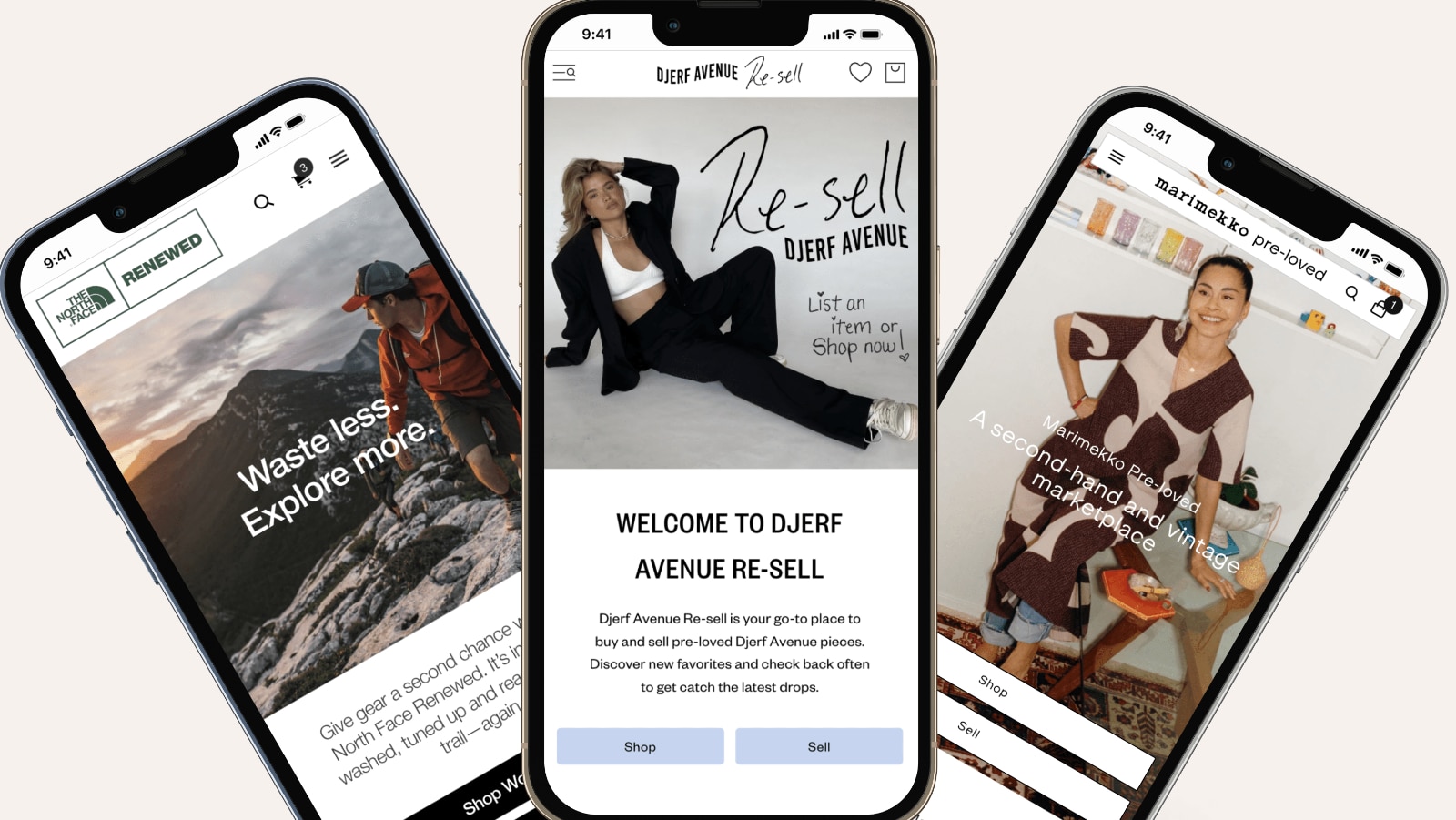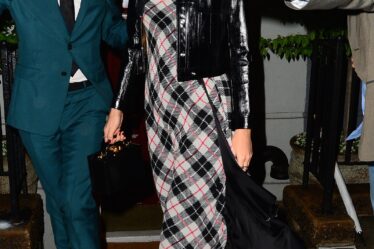
The software company powers resale for brands including Oscar de la Renta, Sandro and The North Face, among others.
Creating tailored resale programmes for each of its brand partners, Archive is one of several startups that enable brands to offer consumers a secondhand option. One of Archive’s competitors, Trove, which counts Lululemon, Levi’s and Patagonia as clients, raised $77.5 million dollars last autumn.
Unlike Trove, Archive does not handle logistics on behalf of its brand partners. The bulk of its operation involves building peer-to-peer marketplaces where users can sell and purchase pre-owned pieces from one another. In recent months, Archive began to offer a managed resale model too.
“We’re building a future where circular business models are standard for every brand and a serious revenue driver,” Emily Gittins, co-founder and chief executive of Archive, said in a statement. “This new funding will allow us to more rapidly help the world’s most innovative brands launch circular models and shape the future of retail.”
The luxury resale market was valued between $25 billion and $30 billion in 2020, according to McKinsey, and is expected to grow at an annual rate of 10 percent to 15 percent over the next decade. Business-to-business solutions such as Archive offer brands a controlled resale experience as they compete with third-party platforms like Poshmark and The RealReal.
Learn more:
Why Some Luxury Brands Are Learning to Love Resale | BoF Insights
As Balenciaga becomes the latest luxury brand to launch a resale programme, BoF Insights looks at the positive impact of the secondhand market on brand image.



